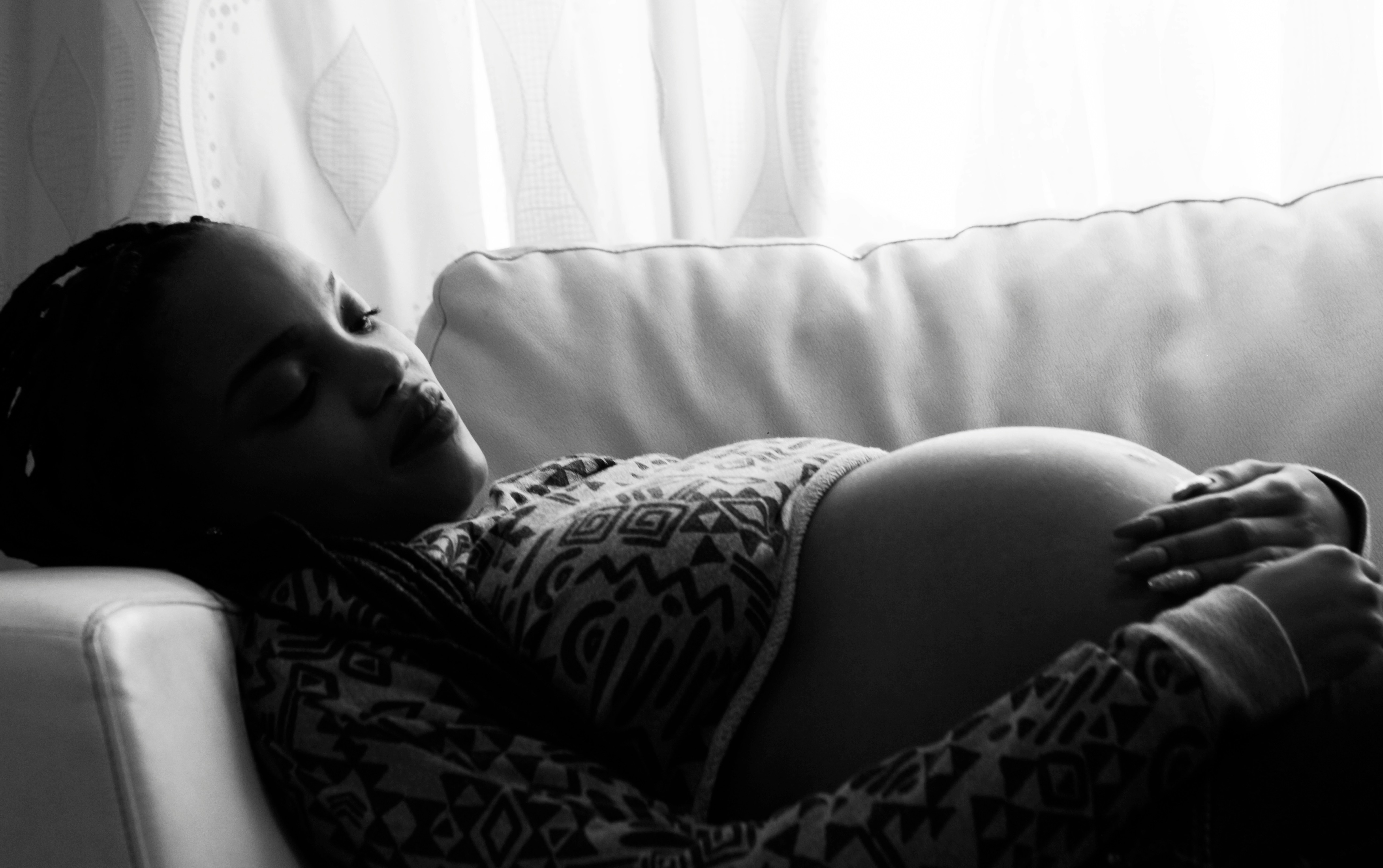November 20, 2025
Learn how long postpartum psychosis lasts, recovery timelines, treatment options, and expert support in NYC and Miami.

Postpartum psychosis is a rare but severe psychiatric emergency that typically emerges within the first two weeks after childbirth. It is characterized by rapid mood changes, hallucinations, delusions, disconnection from reality, confusion, agitation, and impaired judgment. Unlike postpartum depression or anxiety, postpartum psychosis represents a profound break from reality and requires immediate medical attention.
Women with a personal or family history of mood disorders—including bipolar disorder, major depression, or psychosis—may be at higher risk. Those engaged in ongoing care for mood or anxiety symptoms through teams like the specialists at Integrative Psych may have earlier opportunities for prevention, rapid intervention, and stabilization.
Most episodes of postpartum psychosis typically last between 2 and 12 weeks with treatment, but full recovery can take 6–12 months.
Without treatment, symptoms can become prolonged, severe, and significantly more dangerous.
The acute phase is when hallucinations, delusions, and mood instability are most intense. This phase responds quickly to inpatient treatment, antipsychotic medication, mood stabilizers, and structured support. Experts specializing in psychosis treatment note that rapid intervention leads to faster stabilization and lowers long-term risks.
Even after the acute episode resolves, emotional, cognitive, and functional recovery takes time. Many women benefit from structured outpatient care, psychotherapy such as CBT, careful medication titration, and ongoing monitoring for relapse.
Studies find that most women fully recover, especially when treatment is initiated promptly. However:
Conditions such as bipolar disorder, past depression, anxiety disorders, or a history of psychosis strongly shape the duration and severity of postpartum episodes. Care teams familiar with complex mood patterns—including those offering specialized care for mood, anxiety, ADHD, or psychotic illnesses—provide a critical foundation for early detection.
Prompt access to psychiatric treatment significantly shortens symptom duration. Antipsychotic medication, mood stabilizers, or short-term benzodiazepines may be needed. Expert teams with dedicated experience in antipsychotic management—like those in antipsychotic medication treatment—help guide safe and effective stabilization.
Evidence-based therapy, such as CBT and DBT, plays a central role after stabilization. Therapeutic frameworks help mothers rebuild emotional regulation, reality testing, and coping after psychosis.
Postpartum hormonal shifts, sleep deprivation, thyroid changes, and nutritional imbalances can intensify or prolong psychosis. Women with additional vulnerabilities—such as trauma histories, substance use disorders, or chronic mental health challenges—may require specialized care from multidisciplinary teams, including those who focus on addiction and substance abuse.
While postpartum depression often lasts months without treatment, postpartum psychosis is a rapid-onset emergency with dramatically different symptom patterns.
Understanding these distinctions is critical for rapid diagnosis and appropriate care.
Postpartum psychosis does not exist in isolation—it intersects deeply with general mental health vulnerabilities.
Perinatal women with anxiety, depression, or obsessive-compulsive presentations are at higher risk for postpartum complications, including intrusive thoughts, ruminations, or distress. Accessing care through specialists in anxiety treatment, OCD, or trauma-informed therapies like EMDR (www.integrative-psych.org/specialization/emdr) can mitigate these risks.
Emerging research indicates that individuals with untreated or poorly managed ADHD may face increased postpartum stress and destabilization. Teams experienced in adult ADHD treatment can support maternal wellbeing during the transition into parenthood.
Women with borderline personality disorder, trauma histories, or eating disorders may face increased risk for postpartum mood shifts and dysregulation. Integrative programs dedicated to eating-disorder care (https://www.integrative-psych.org/specialization/eating-disorder) and BPD stabilization (https://www.integrative-psych.org/resources/borderline-personality-disorder-medication-treatment-insights) provide crucial support during the postpartum window.
Women with a personal or familial vulnerability to psychotic disorders—including schizophrenia, bipolar disorder, or prior postpartum psychosis—require careful monitoring throughout pregnancy and postpartum. Early involvement of clinicians specializing in psychosis is essential.
Yes—most patients fully recover, especially with rapid intervention. Long-term remission is common, and many women go on to have healthy future pregnancies with proper planning and psychiatric support.
Hospitalization is common and often essential. Family involvement helps maintain safety and reduces recurrence.
Follow-up is vital for preventing relapse, supporting recovery, and treating co-occurring issues such as depression or anxiety.
Integrative Psych is a leading mental health practice known for comprehensive, research-driven psychiatric and psychotherapeutic care. With expert clinicians across New York and Miami—including Columbia-trained psychiatrists, perinatal specialists, and multidisciplinary teams—patients receive world-class support tailored to their needs.
Whether someone is seeking help for postpartum psychosis, depression, anxiety, addiction, ADHD, trauma, or complex psychotic disorders, our clinicians at the NYC practice and our specialists in Miami provide warm, evidence-based, individualized care. You can explore our full roster of experts at Integrative Psych Experts or request a consultation today.

We're now accepting new patients
